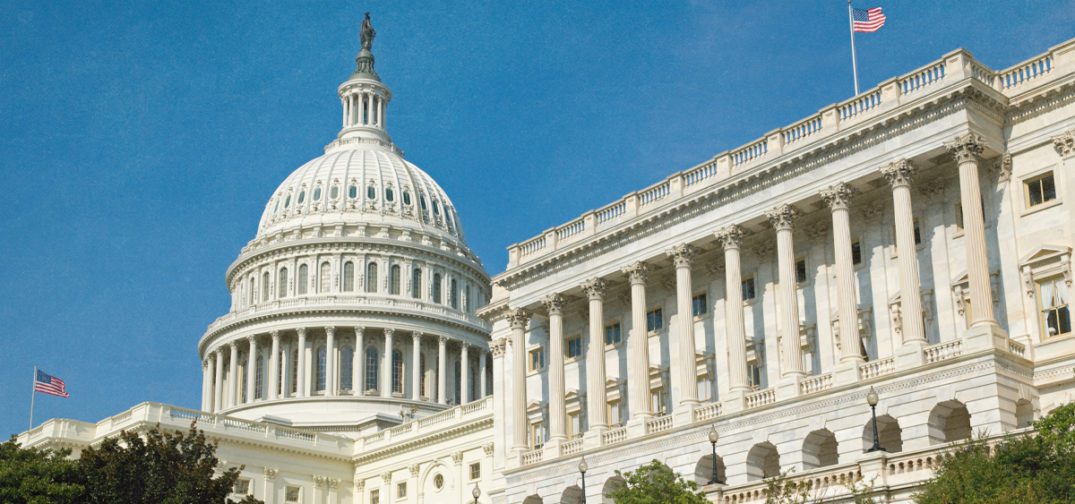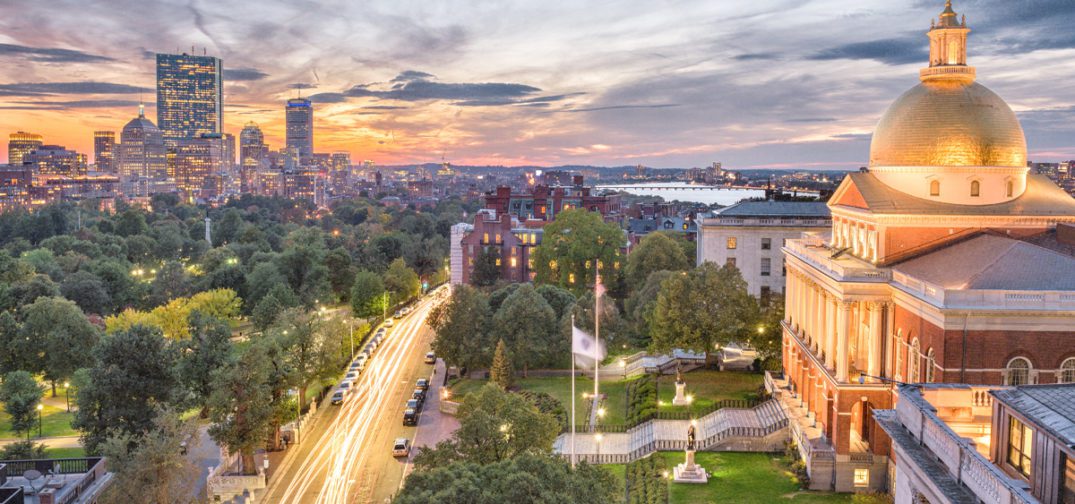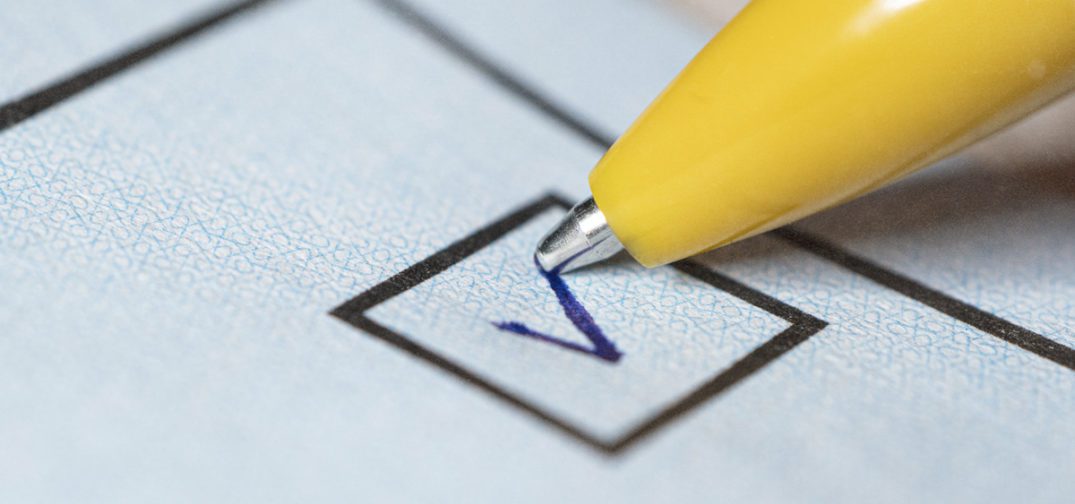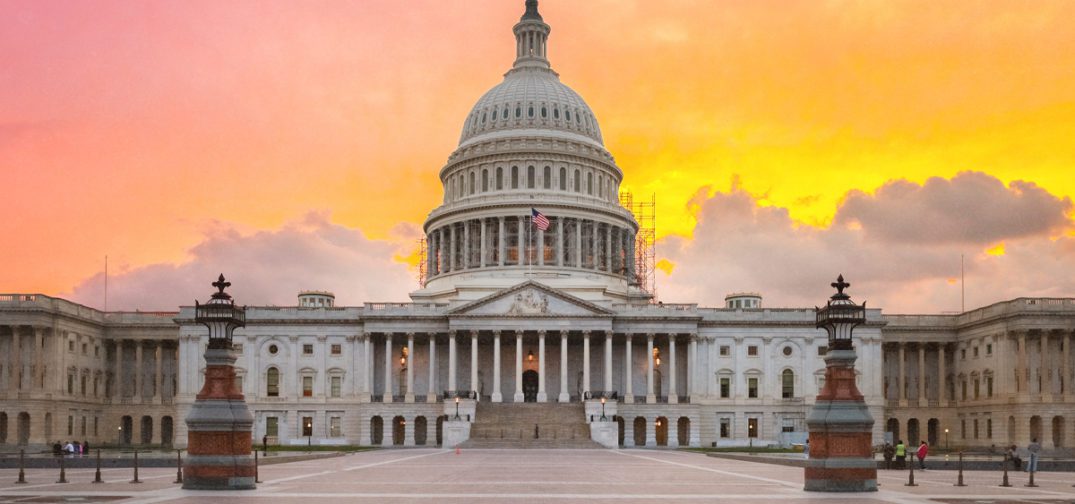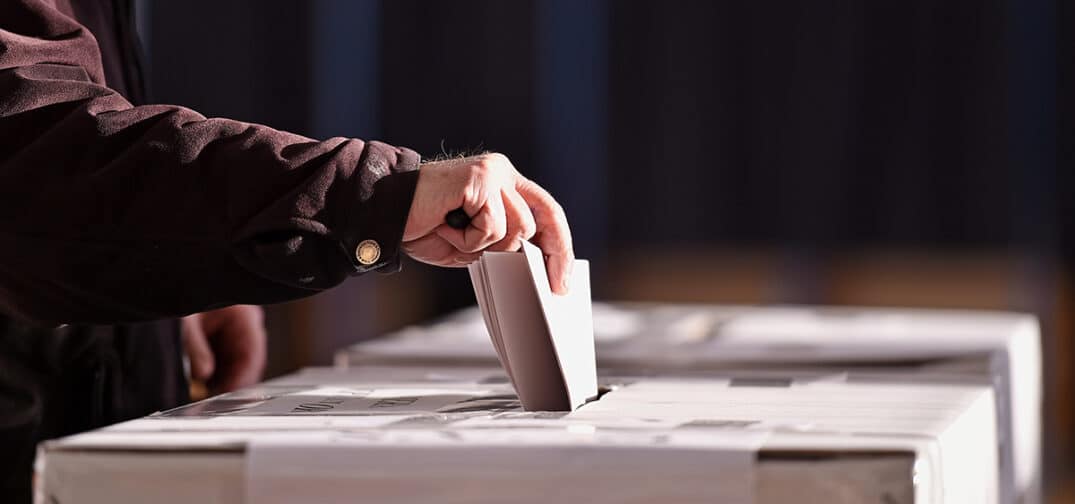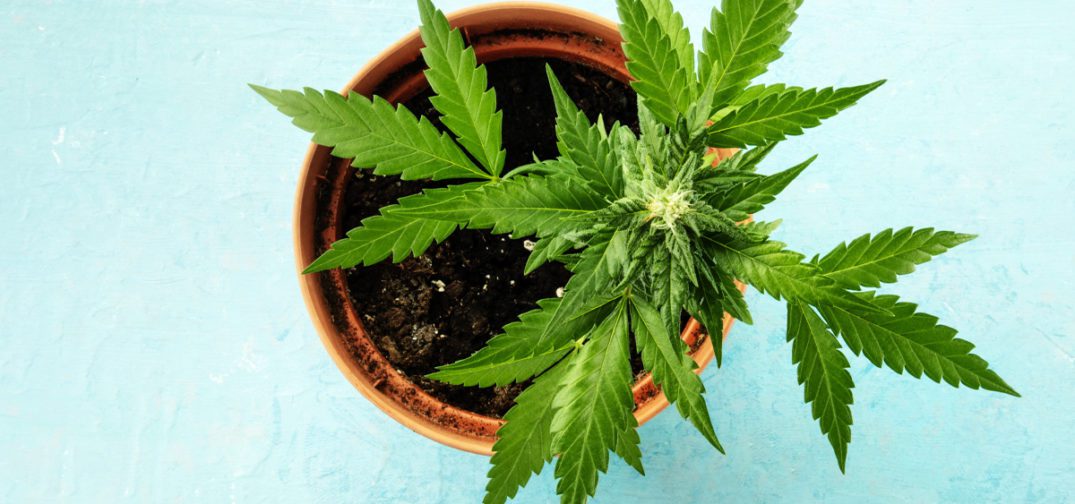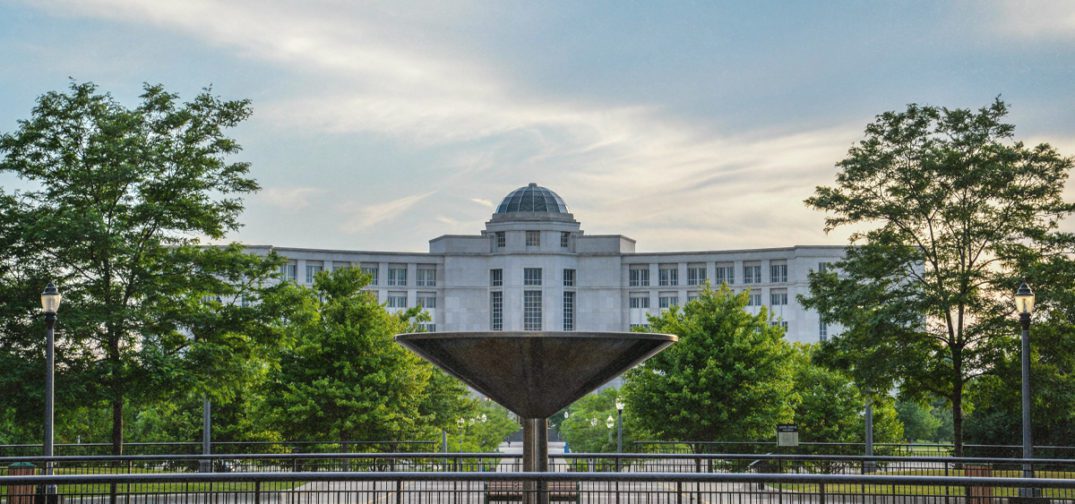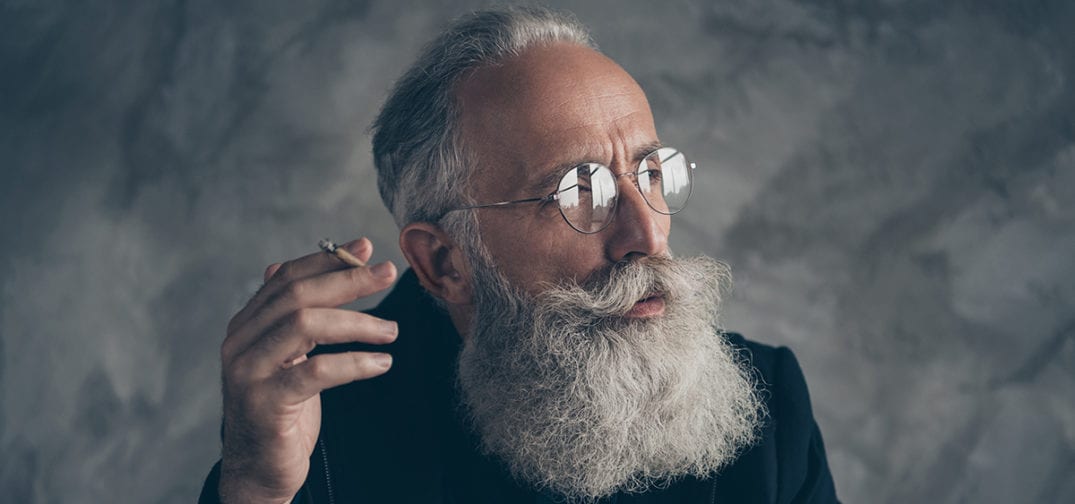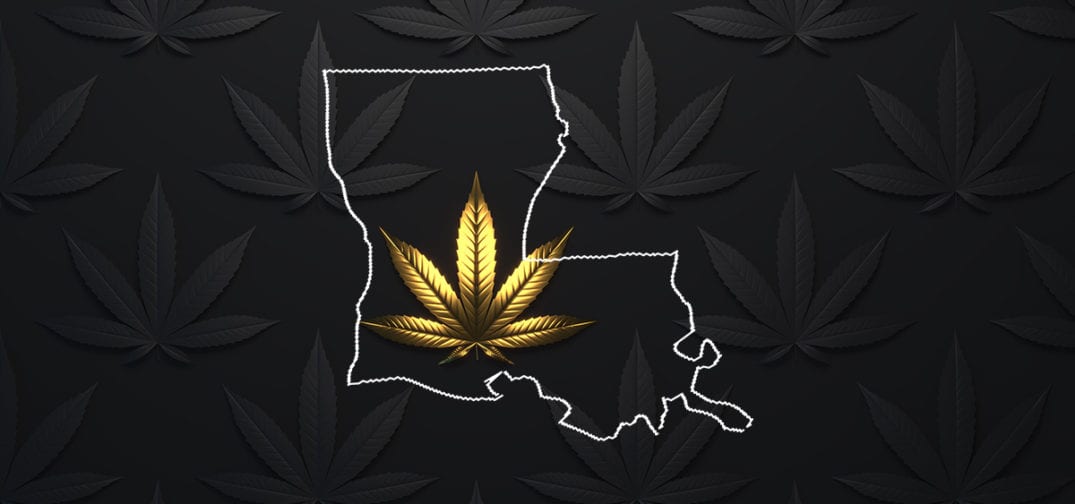Some of Florida’s hemp operators say they pledged to donate $5 million to the Republican Party of Florida after Gov. Ron DeSantis (R) vetoed a bill to regulate hemp-derived intoxicating cannabinoids. The executives discussed the pledge in WhatsApp messages obtained and reviewed by CBS News.
“We know nothing in life is free and neither was this veto,” reads the introductory post for a WhatsApp group called Save Florida Hemp. The post, which is dated June 27 — three weeks after DeSantis vetoed the bill that sought to ban hemp-derived delta-8 THC products and other intoxicating cannabinoids — also includes the bank routing details for the Republican Party of Florida.
“We are currently seen as DeSantis’s allies to defeat the recreational ballot initiative. Our lobby team made promises to rally some serious funding to stand with him on this. He chose Hemp as his champion and now we’ve got to deliver.” — Save Florida Hemp WhatsApp introduction post, via CBS News
The Save Florida Hemp group has more than 1,000 members, the report said. The group is opposing the upcoming Florida constitutional amendment to legalize adult-use cannabis, which would make the hemp industry’s cannabinoid offerings more or less obsolete.
Save Florida Hemp member and Honest PP&D owner Ernie Ciaccio said, “We knew that we had to show up and show the governor’s office and show the Republican Party and all the legislators here in Florida that not only were we taking our roles as stakeholders in hemp seriously, but that we were committed to being part of the political process and shaping legislation here that would be not only good for our industry but good for Florida.”
Meanwhile, a recent poll found that 64% of Florida voters support the amendment to legalize cannabis. Constitutional amendments in Florida require 60% of the vote to pass.
End

